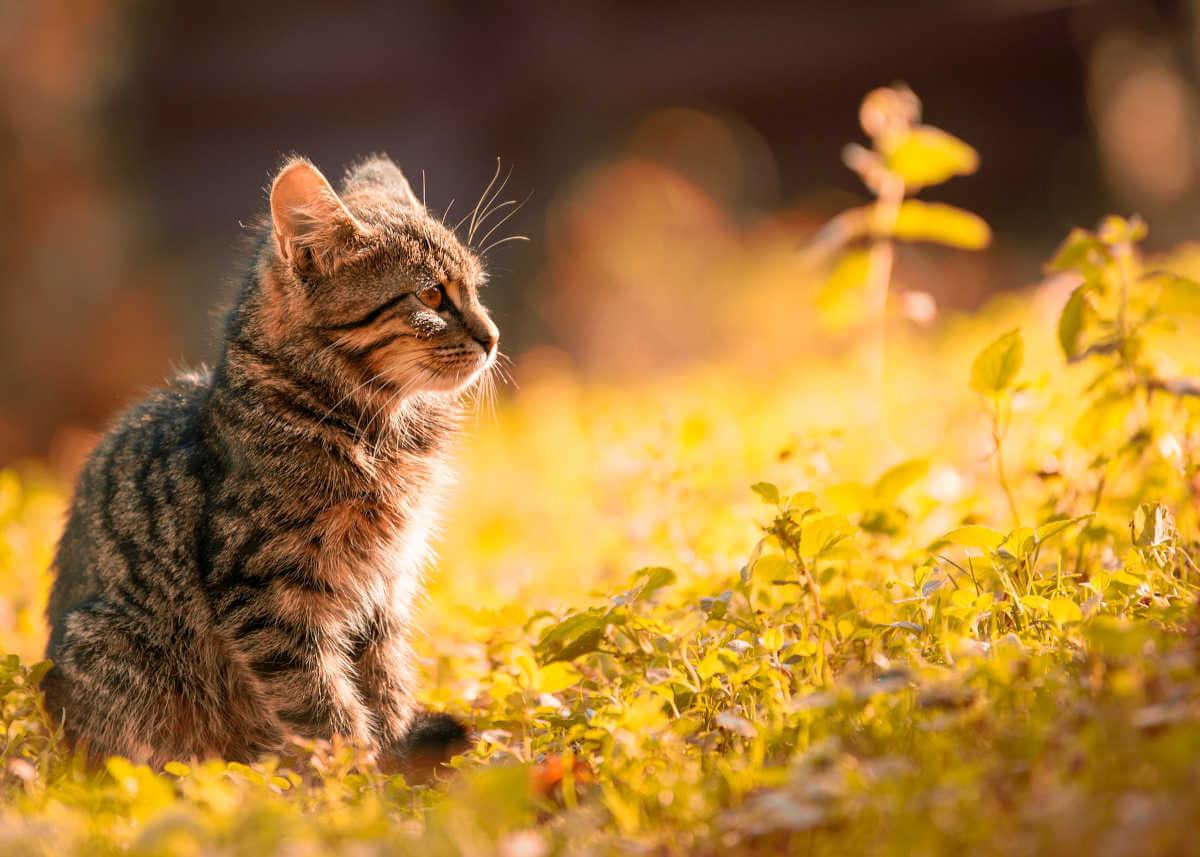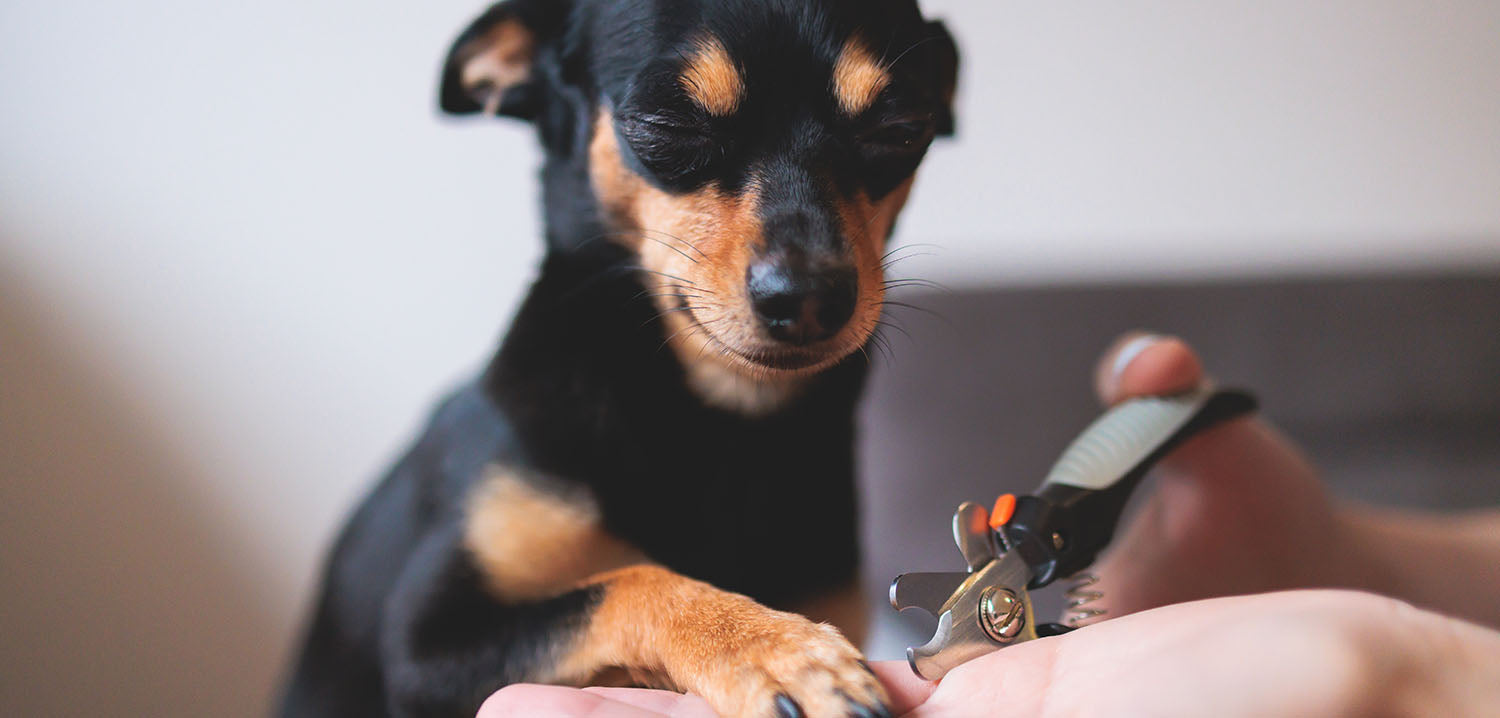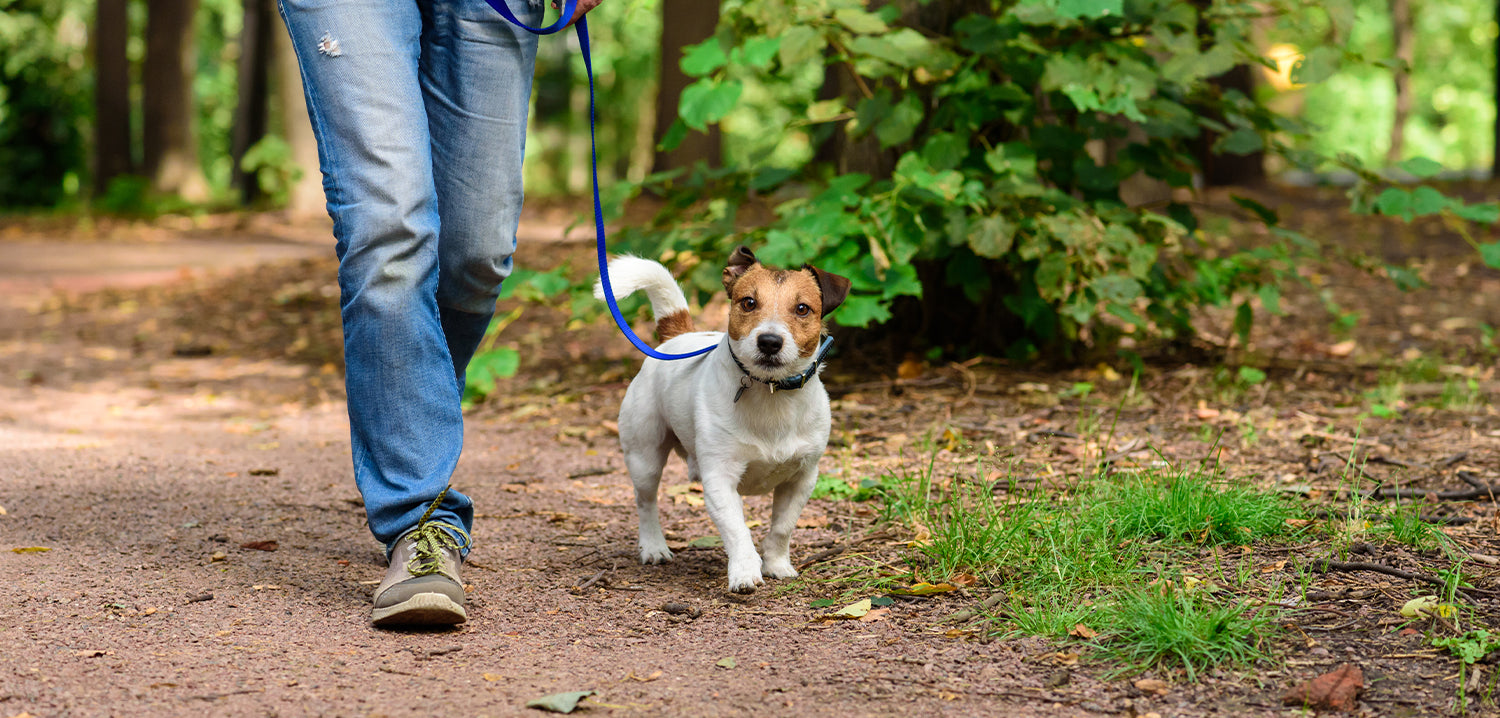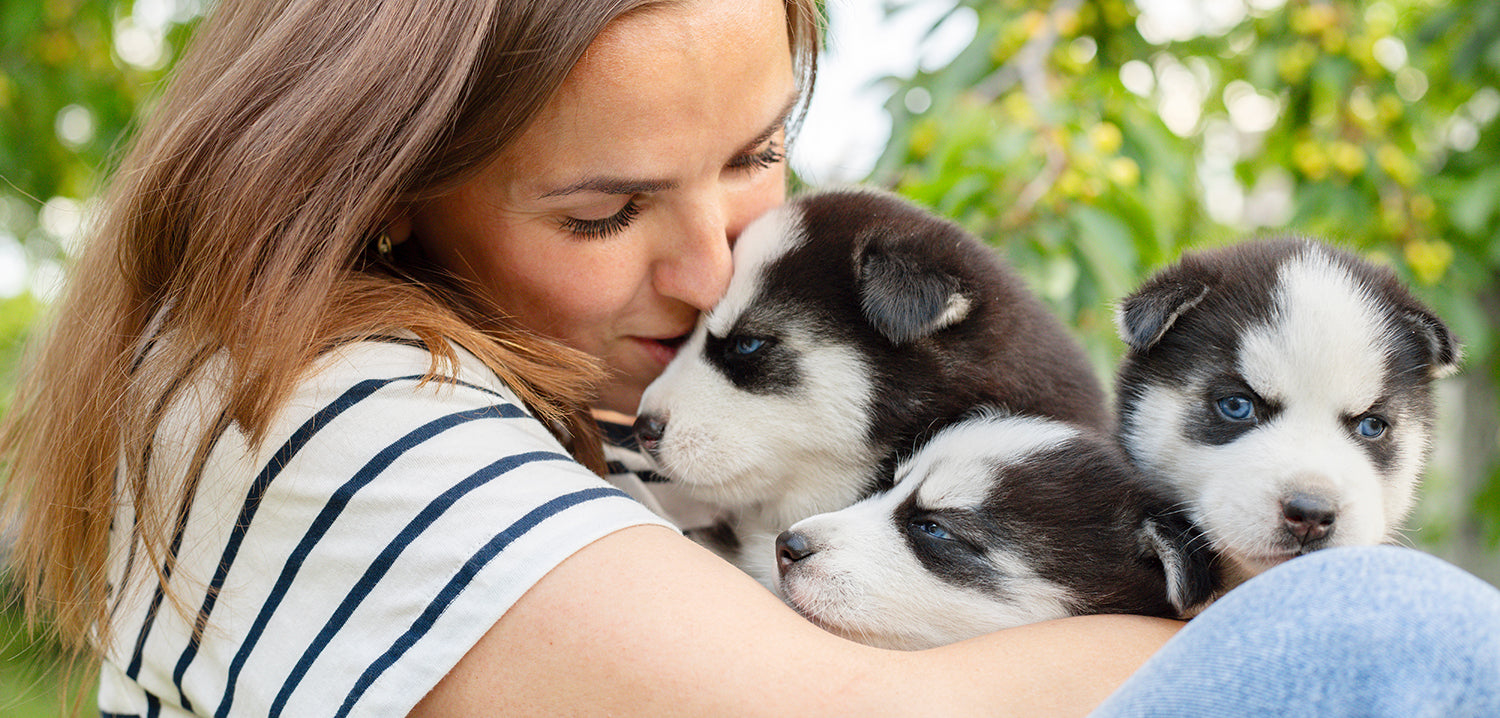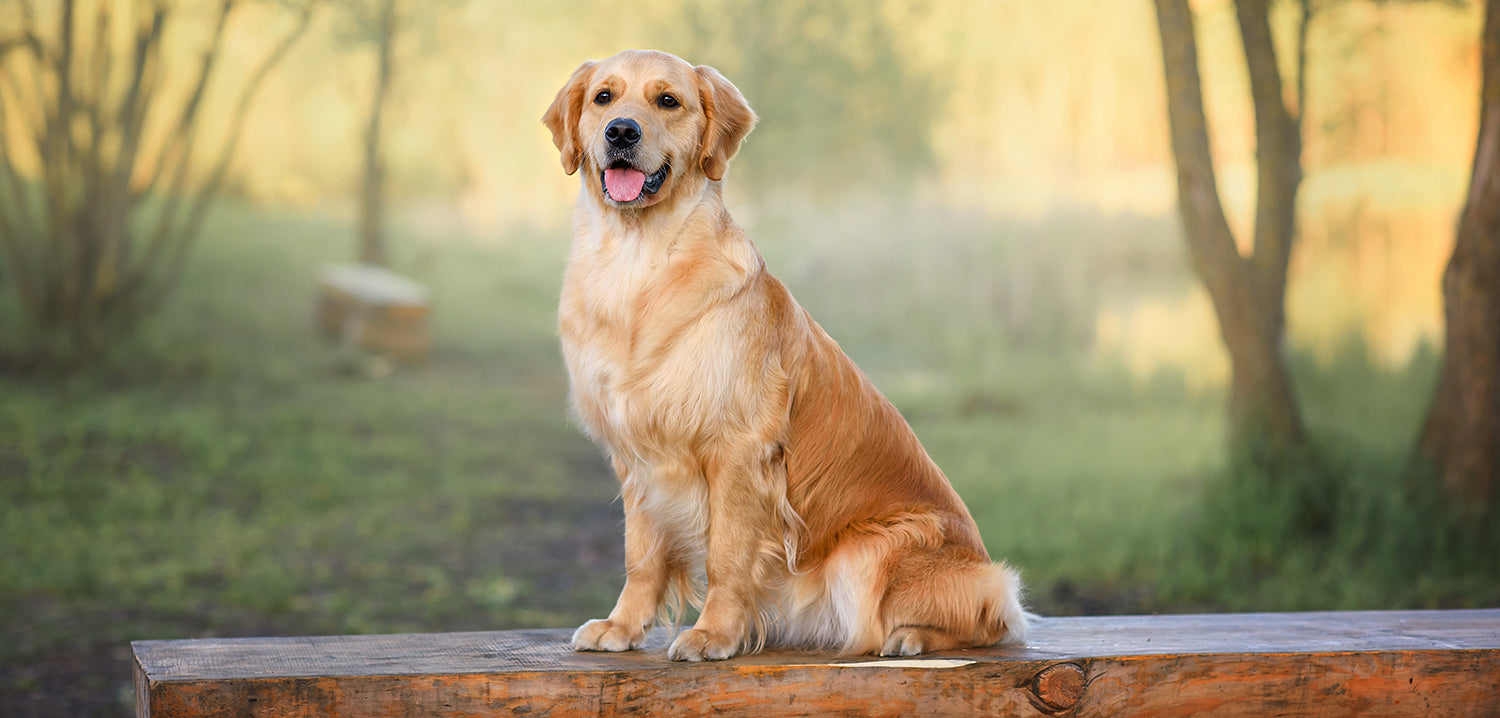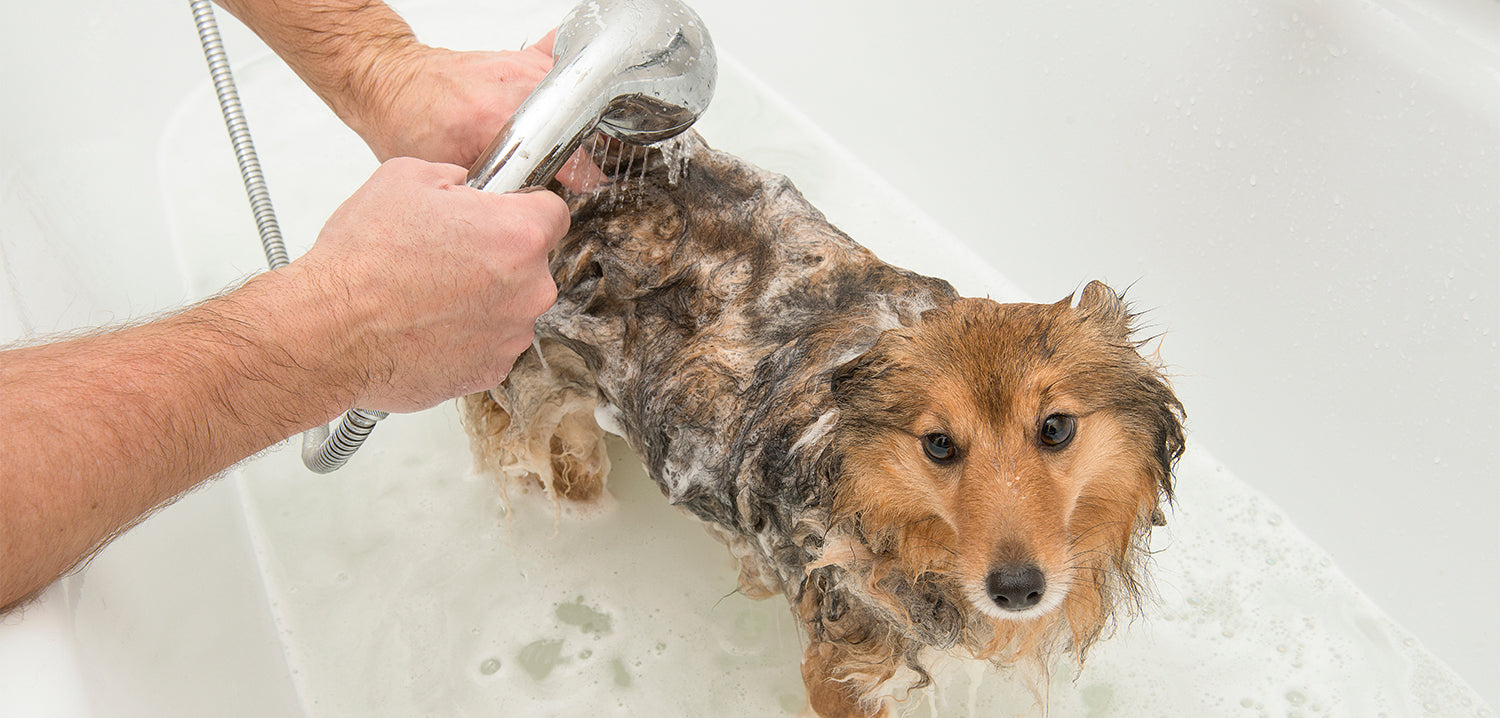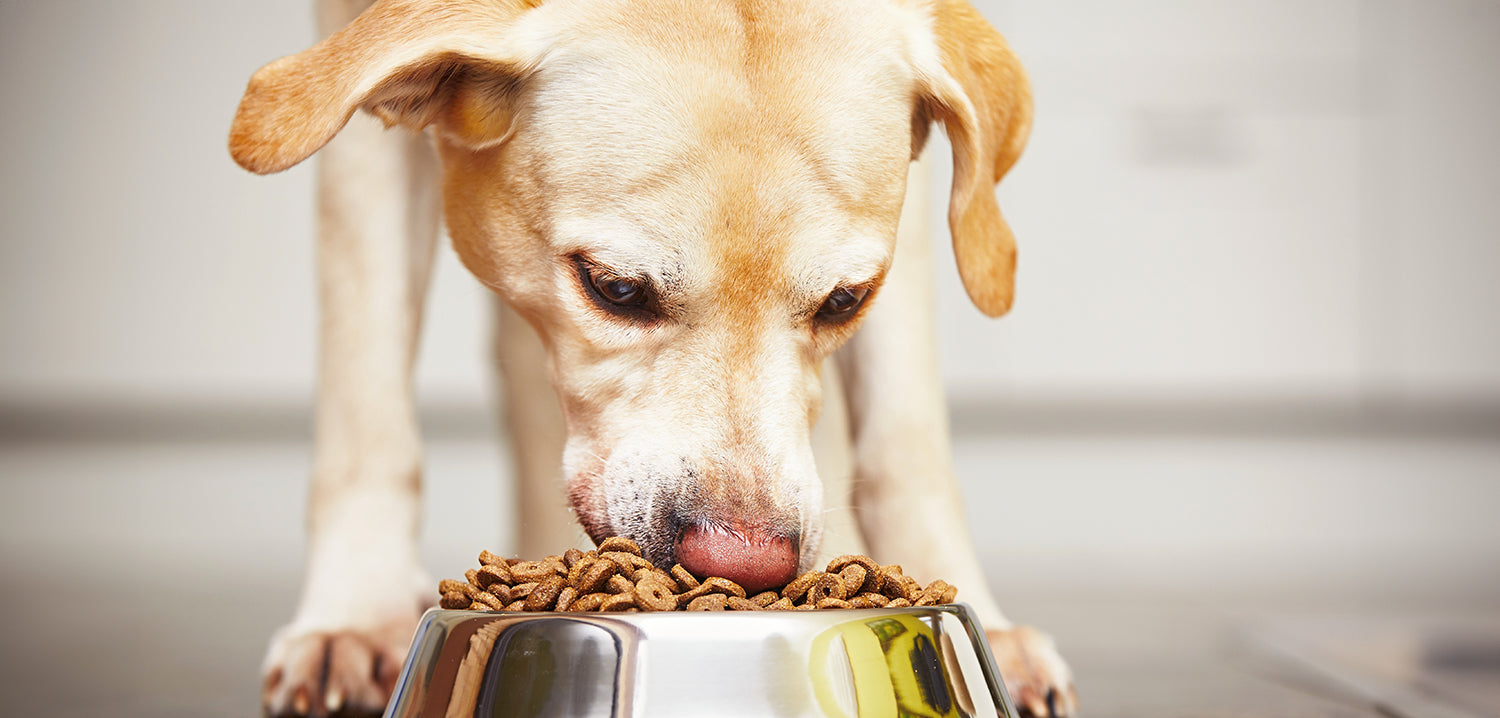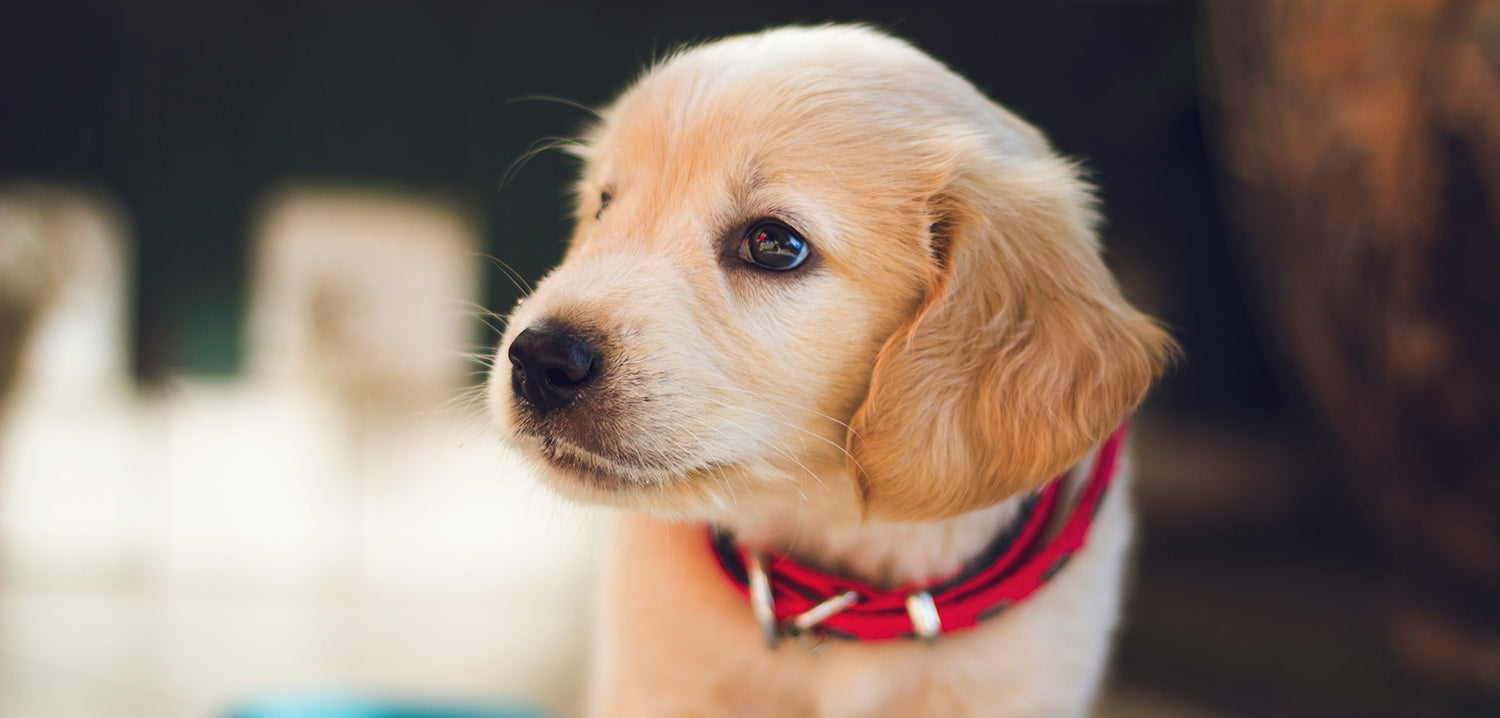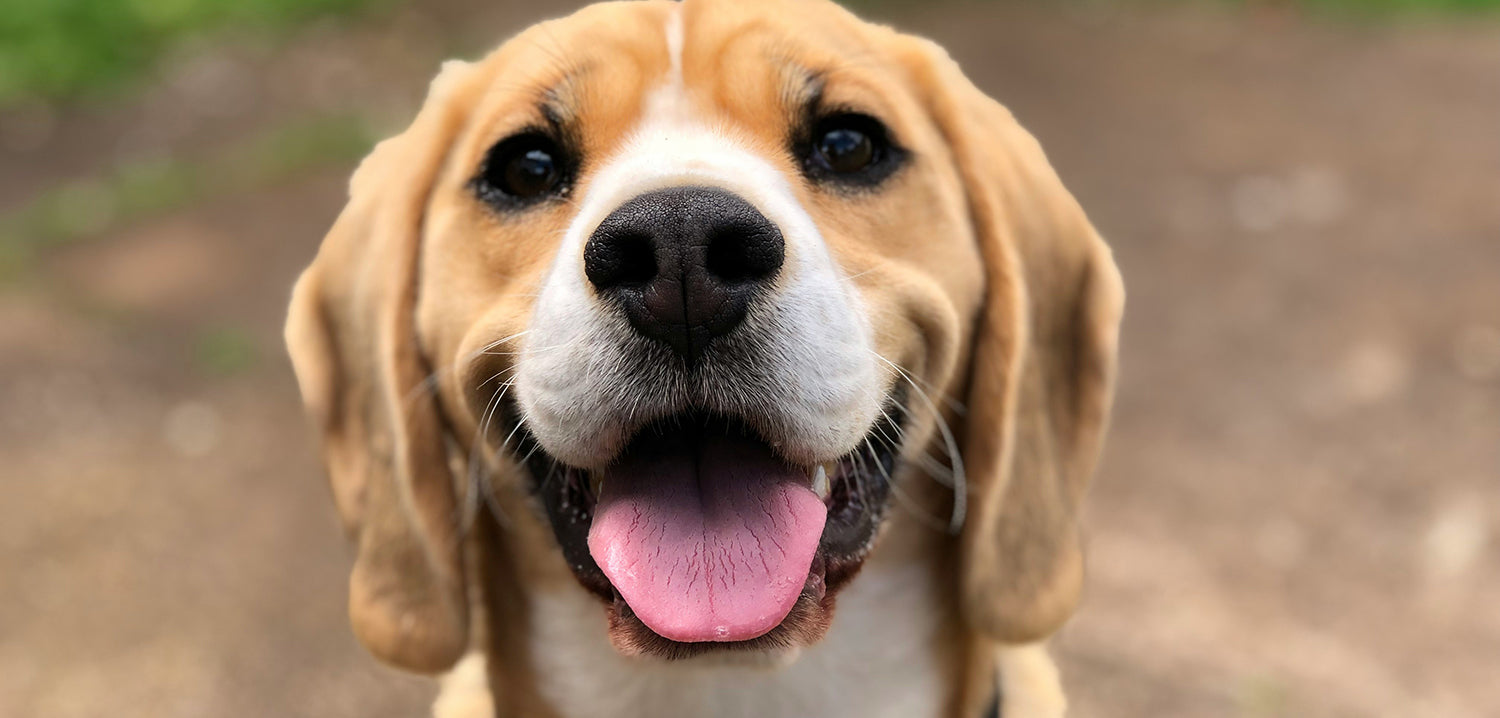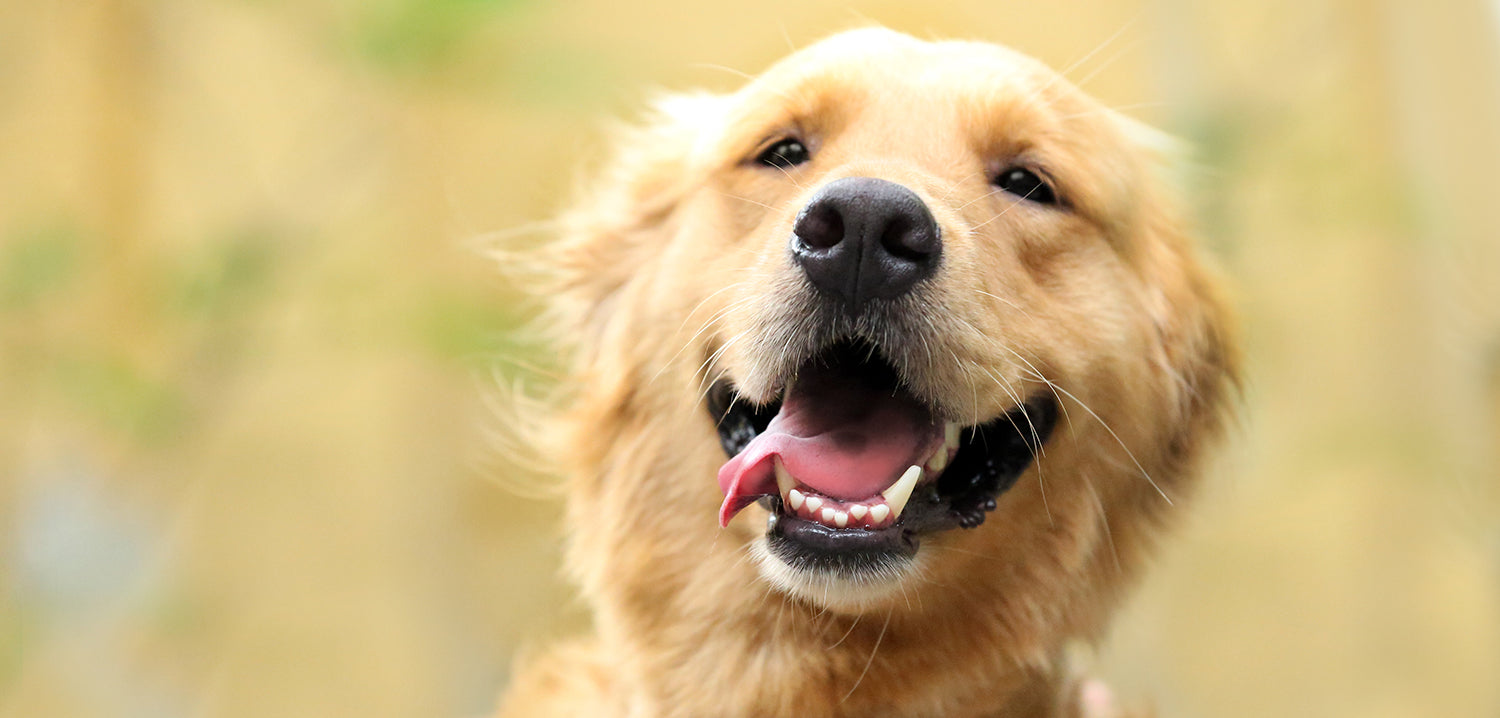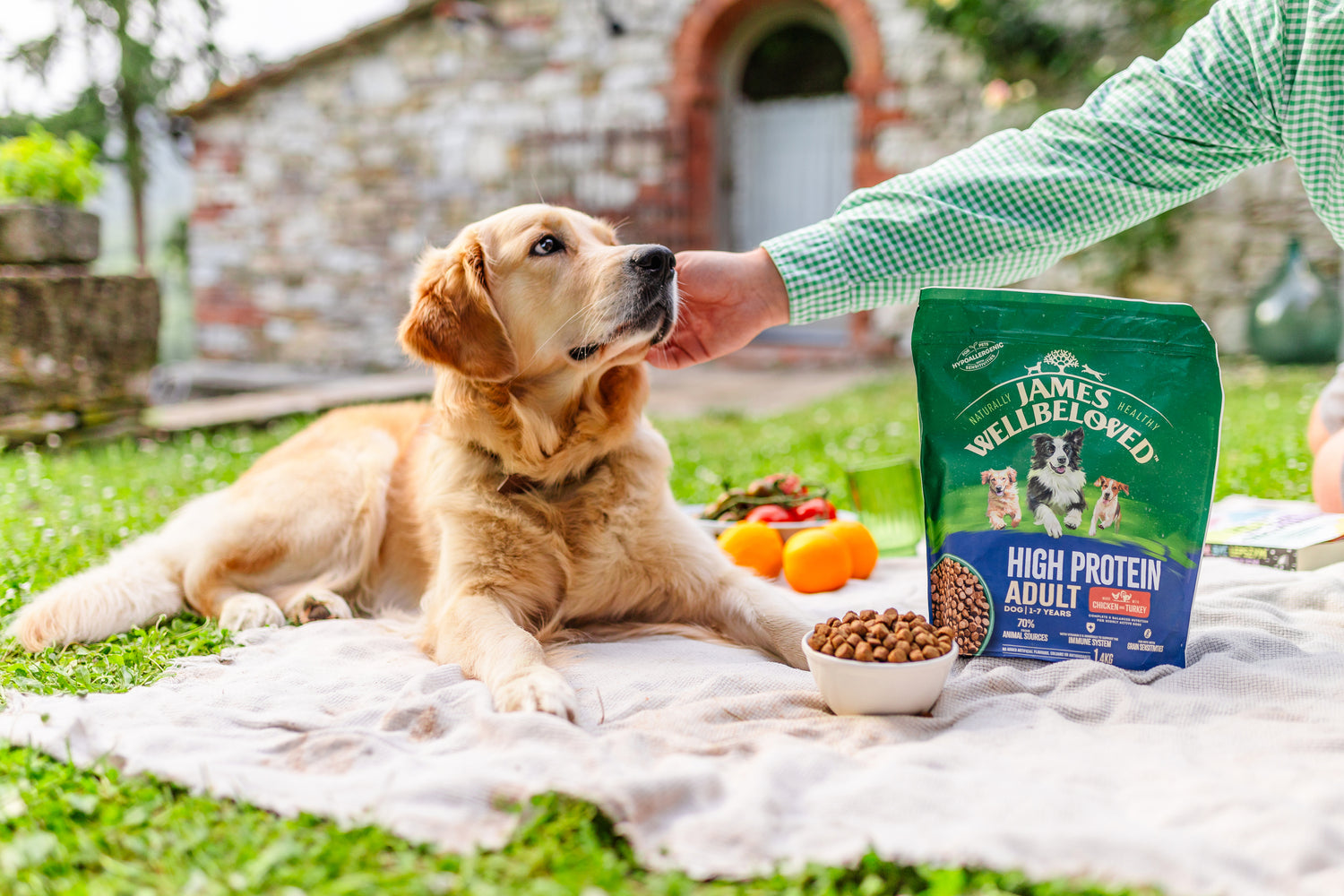As puppies and kittens wean onto solid foods and explore the world, they start to lose the natural protection from the antibodies in their mother’s milk and are exposed to more types of bacteria and potential infectious hazards. This point in their life is a critical window where they require their first vaccinations to protect them from potential illnesses.
Before letting your new family member explore the outside world you need to make sure that they are properly protected from these hazards.
Vaccinations are not only important to protect your dog and cat from infectious diseases, but are also really helpful at protecting other animals as your pet won’t be able to pass that disease onto others. Your vet will give you a vaccination record so that you can plan when your dog or cat needs to go in for their next vaccination. It’s really important that you keep this safe as you want to keep you pet as protected as you can!
Also, if your dog ever needs to use a boarding facility or dog walker, they will need to see the vaccination record as proof that your dog is vaccinated.
Puppies
Puppies should receive three separate vaccinations:
- Their first can be given between four to six weeks old, which should be organised by the breeder or rescue centre before you bring your puppy home.
- The next round should be given by your vet three or four weeks later, and after this your puppy can begin going outside and exploring the world.
-
The third vaccine to complete the course will be given over a month after the second vaccination.
The vaccination protocol varies on the age of your dog and the brand your veterinary practice. Your vet will advise you about the timeline that works best for your puppy.
If you get your puppy from a rescue centre then they are likely to have been given their first two vaccinations, but it always important to get the vaccination records, no matter where they have come from. Puppy vaccinations are intended to protect against several diseases which could be very dangerous if your puppy were to contract them. These include: canine parvovirus, kennel cough, leptospirosis, parainfluenza and canine distemper.
Kittens
Like puppies, kittens also need vaccinations to protect them from dangerous diseases, including feline leukaemia virus, cat flu and feline infectious enteritis. At approximately nine weeks old they should receive the first of their vaccinations, and the second lot should be given at around three months. They should also receive a booster when they reach a year old, and your vet will be able to advise you on their ongoing annual vaccinations.
